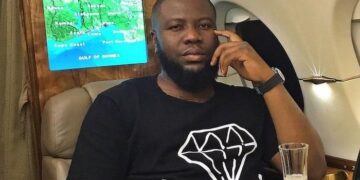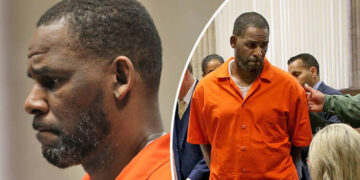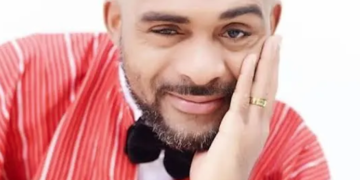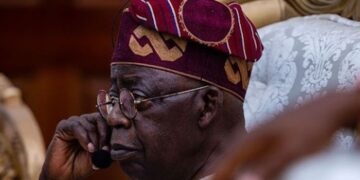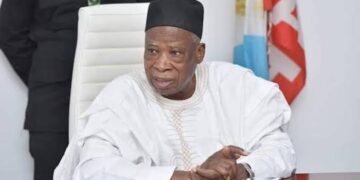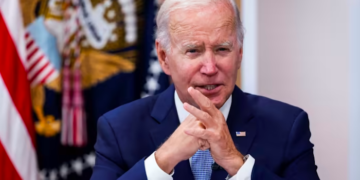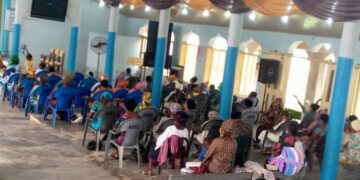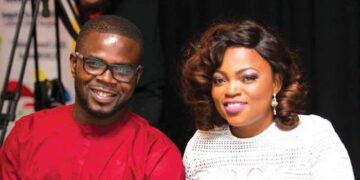Following 18 months of military control, a rebel leader who had been in exile returned to Chad on Thursday, two days before historic talks were set to begin.
Union of Resistance Forces (UFR) leader Timan Erdimi has been in exile in Qatar for a minimum of ten years.
On two separate occasions (in 2008 and 2019), his armed organization attempted to depose his uncle, the former president Idriss Deby Itno.
An AFP reporter witnessed his arrival at N’Djamena International Airport on Thursday morning, where he was met by an enthusiastic crowd of some 50 family members and other supporters.
Erdimi, 67, with a little white beard and wearing a traditional gown and white hat, remarked, “I am really delighted to return home after so many years in exile.”
Starting on Saturday in N’Djamena, there will be a “inclusive national dialogue” with Erdimi as a central figure.
The event was proposed by junta commander General Mahamat Idriss Deby and will bring together 1,400 representatives from the military administration, civic society, opposition parties, trade unions, and rebel organizations.
There will be “free and democratic” elections in the country 18 months after the military takeover, which Deby has praised as a chance for reconciliation.
After his father, who had governed for 30 years, was murdered in a military operation against rebels in April of last year, he gained power at the young age of 37.
The “conversation” had been scheduled to begin in February but was frequently postponed as the various Chadian rebel groups convening in Qatar argued about who should or should not participate.
About 40 separate organizations agreed to a truce and safe passage assurance on August 8.
Southern Libya and northern Chad are home to the UFR, one of the signatories, and their estimated few hundred fighters.
Once in 2008, when it dispatched a column of fighters in dozens of pick-up trucks from Libya to Sudan, and again in 2019 when it did the same thing.
France, who considered Deby as an important ally in their fight against jihadists in the Sahel, helped to turn the tide and defeat the insurgents.
Like his nephew Erdimi, the elder Deby was a Zaghawa. His son and successor, Deby, is a relative of Erdimi’s.
The impending talks, according to Saleh Kebzabo, vice president of the forum’s organizing committee and a former opponent of the older Deby, will pave the way for a new constitution, which will then be put to a referendum.
The pressure of time is just one of the difficulties that observers say the conference faces.
According to Enrica Picco of the International Crisis Group (ICG), “the timeframe for the dialogue, which is intended to span 21 days, isn’t credible.”
There is little time to organize a referendum and then elections in this huge, desert country before the junta’s 18-month mandate expires in October.
In his first public remarks after assuming office, Deby mentioned the possibility of extending the transition period by an additional 18 months.
Picco said, “It’s not conceivable to get an agreement in such a short time.” He also indicated that the transition period will likely be extended.
Two of the largest rebel groups and a significant political alliance are among those refusing to participate in the meeting.
Groups like FACT, which was responsible for the offensive in Chad’s northeast that ultimately led to the death of the elder Deby, are missing in action. The forum is “skewed in advance,” according to the report.
The political group Wakit Tamma, which is a big combination of opposition parties and civil society organisations, is also ignoring the negotiations.
According to Succes Masra, leader of the alliance’s The Transformers party, “we believe that 80 percent of (those attending) are connected to the junta.”
Although Deby has already said that he will not run for office again, the document claims that the junta is breaching human rights in order to utilize the “conversation” to advance his candidacy.


